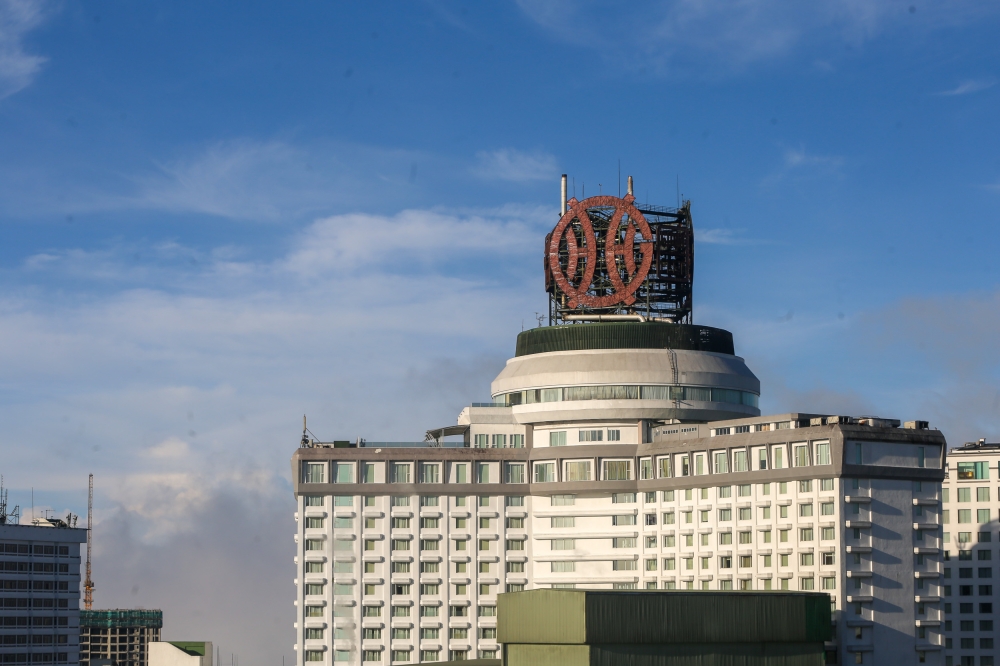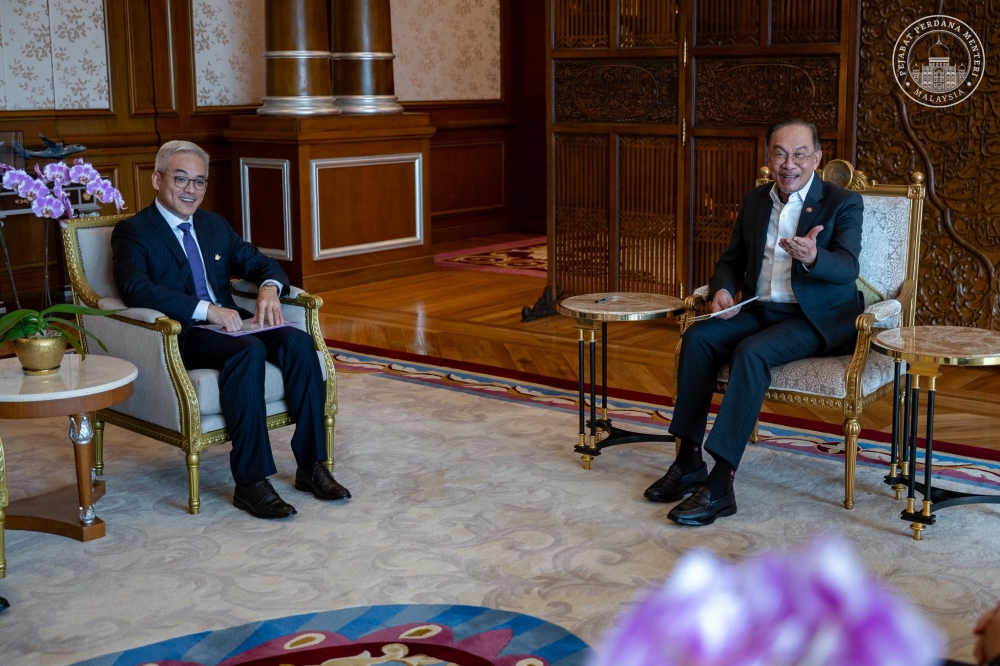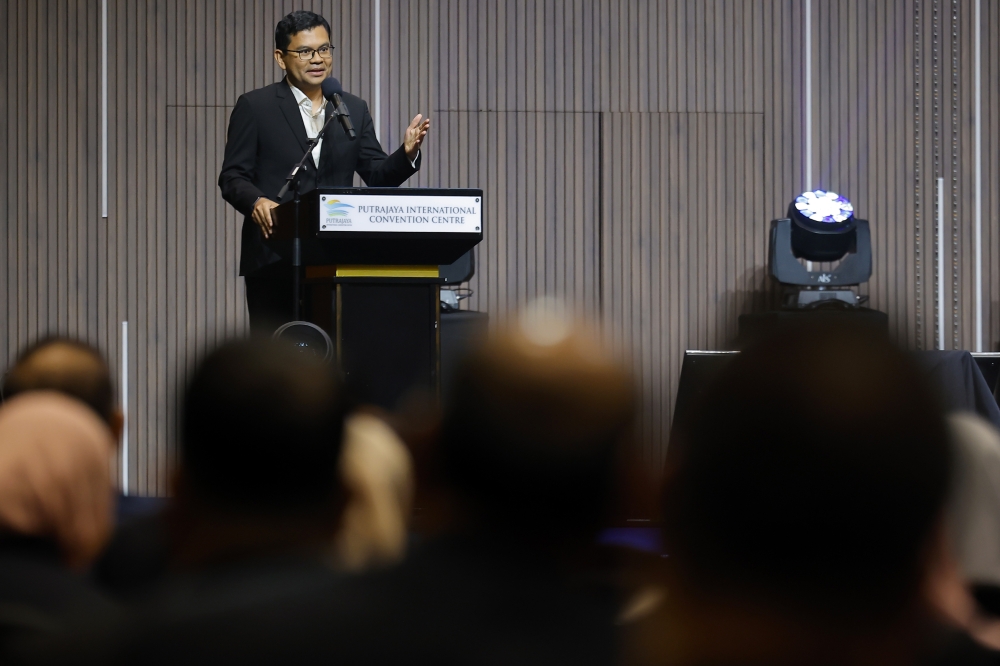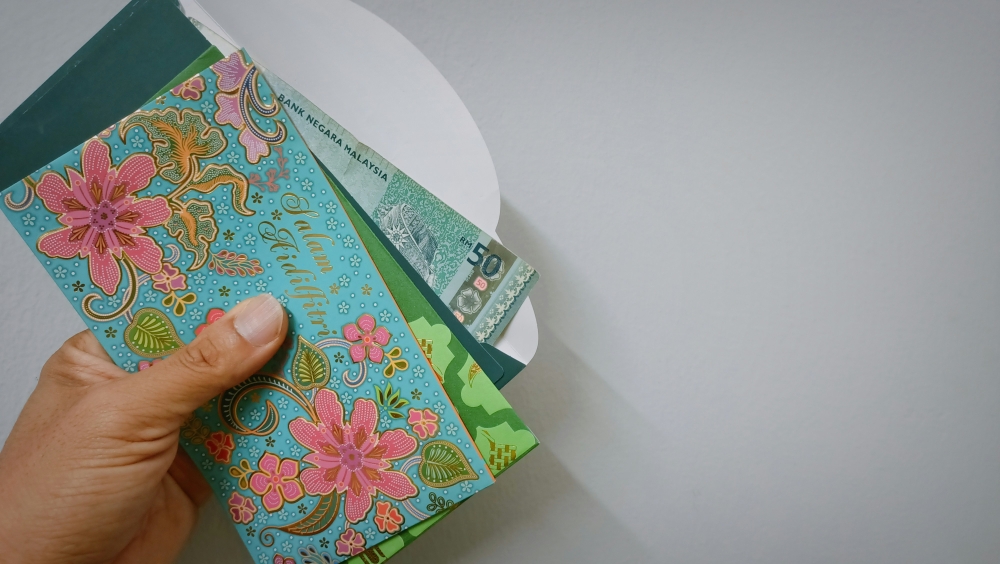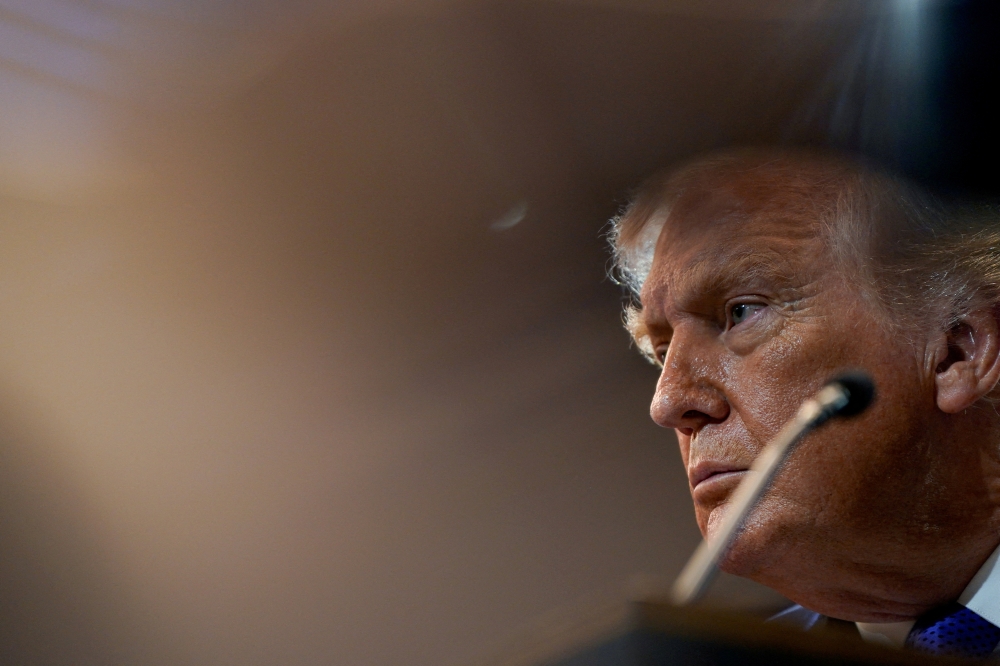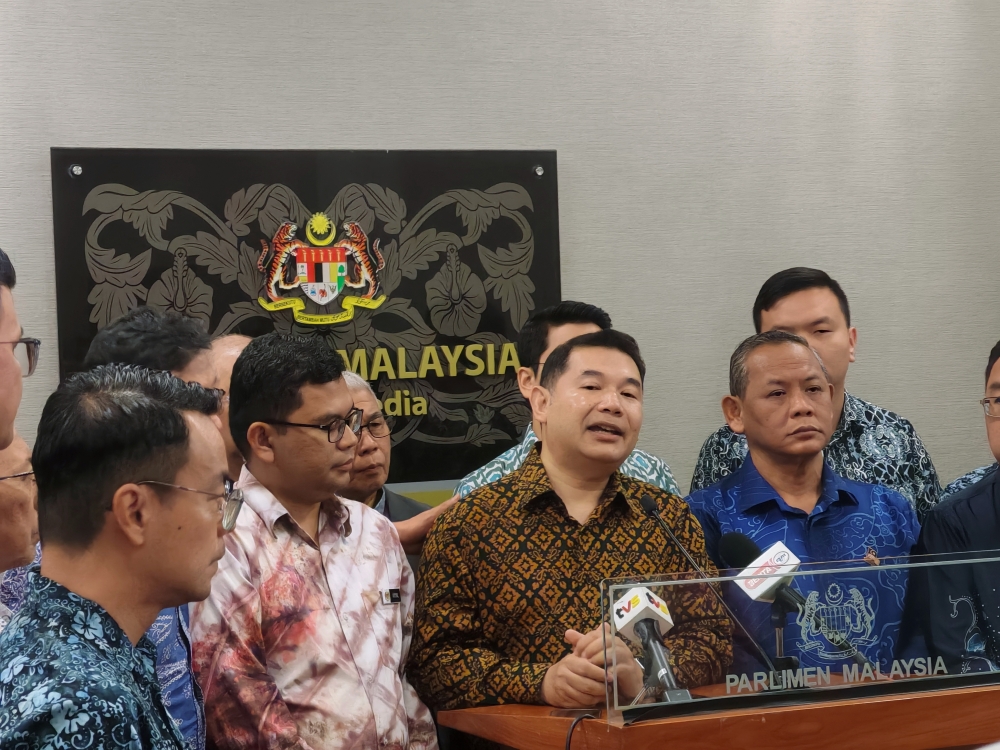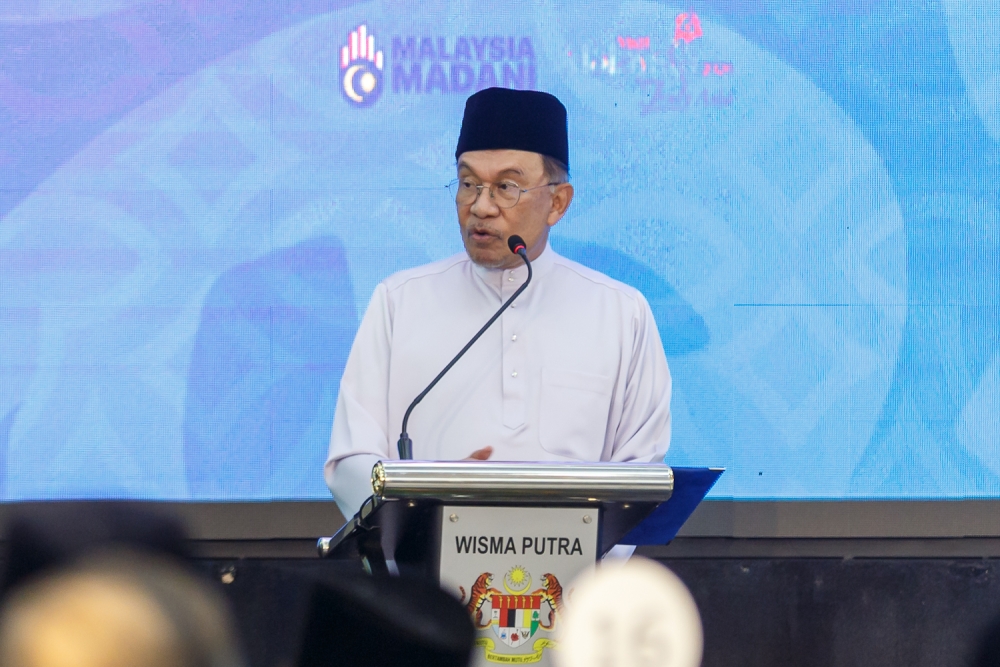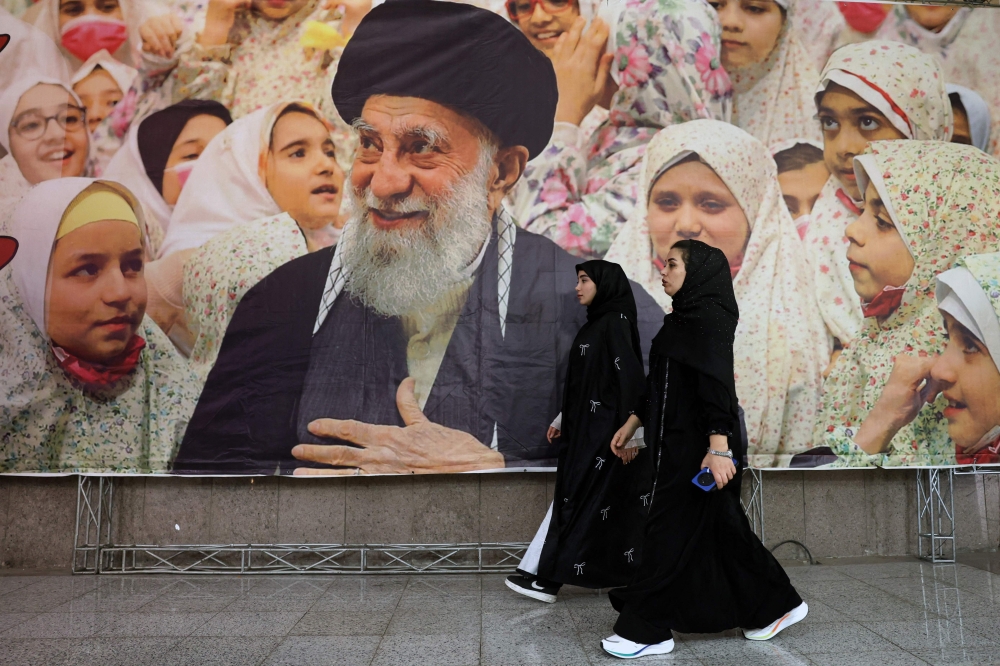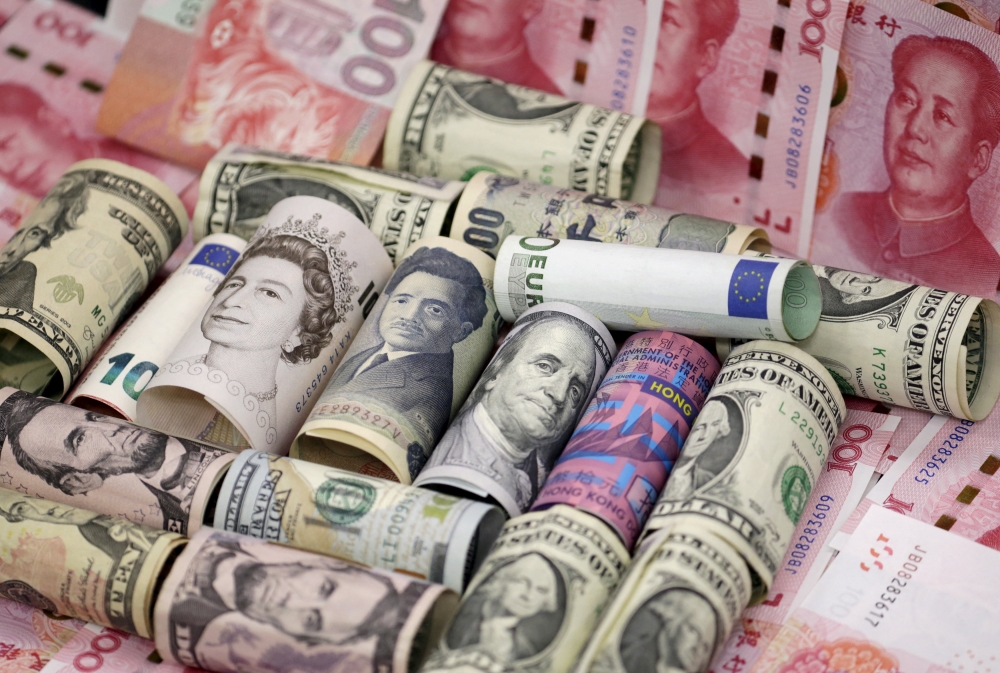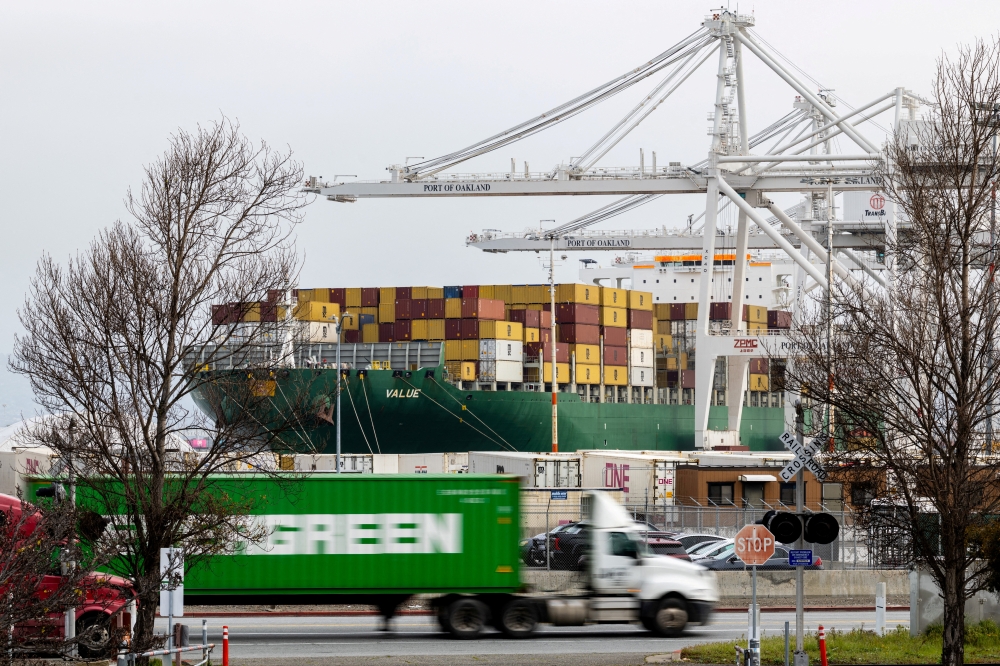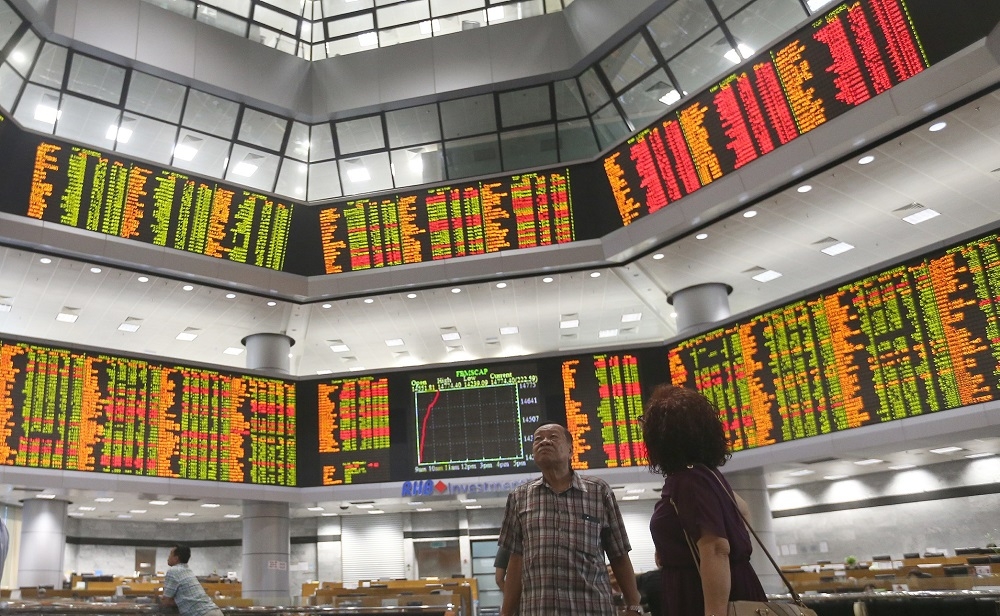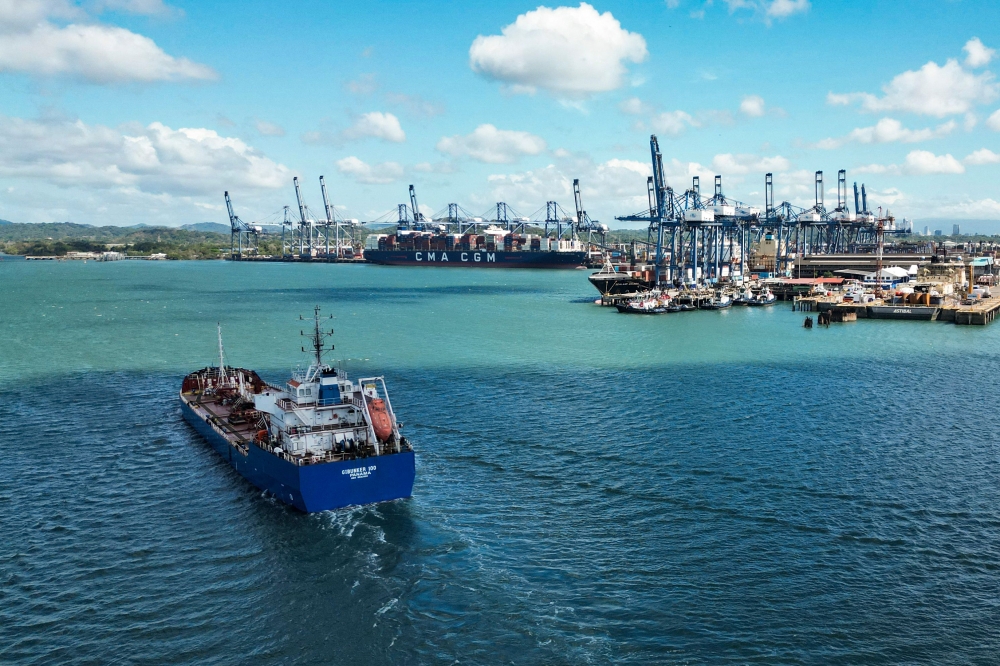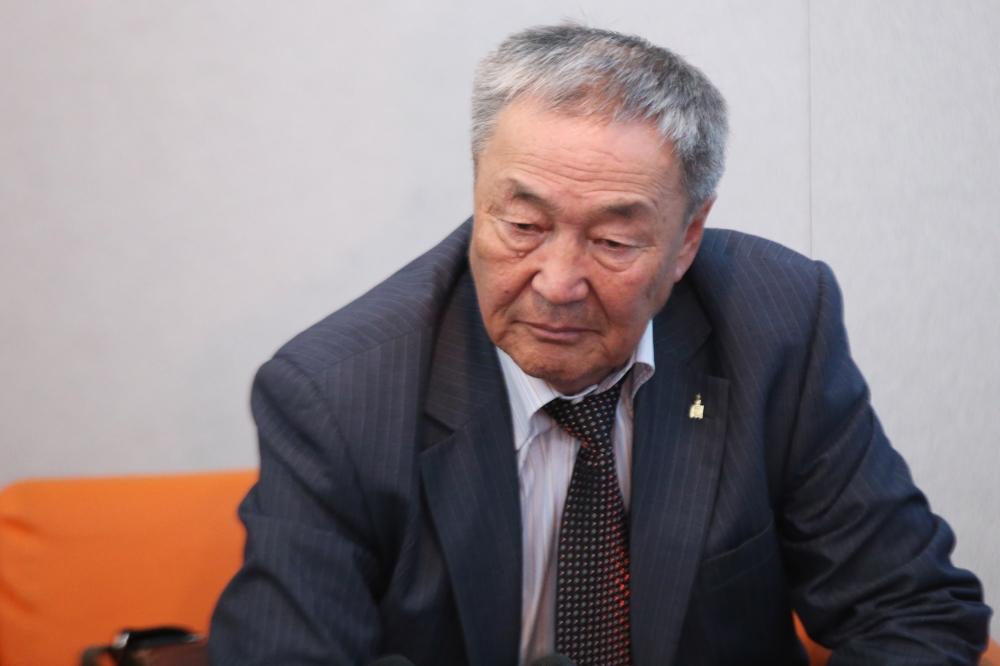KUALA LUMPUR, April 21 — Foreign investors extended their net selling in Asian markets for a third consecutive week, with a substantial net outflow of US$3.84 billion (RM16.8 billion).
According to MIDF Amanah Investment Bank Bhd’s Fund Flow Report for the week ended April 18, 2025, only the Philippines and India registered net foreign inflows among the markets tracked.
All other countries posted outflows, with Taiwan experiencing the steepest foreign selling.
India led regional inflows with US$990.4 million, reversing a two-week streak of net selling. The return of investor confidence was attributed to easing inflation and a resilient domestic growth outlook.
“Consumer Price Index inflation fell to a 67-month low of 3.34 per cent in March 2025, mainly due to food price deflation, while rural demand is expected to remain buoyant amid forecasts of a normal monsoon.
“Although Fitch trimmed India’s gross domestic product (GDP) forecast to 6.4 per cent on trade war risks, the Reserve Bank of India maintains a 6.5 per cent growth target,” the report said.
MIDF Amanah also noted progress in India’s trade talks with the United States, with the country considering the removal of import duties on ethane and liquefied petroleum gas to enhance energy security and strengthen bilateral ties.
The Philippines ended a three-week selling streak with a modest net inflow of US$6.5 million.
Indonesia, meanwhile, saw a net outflow of US$1.26 billion, its second consecutive week of foreign selling.
Indonesia’s palm oil sector is calling on the government to reduce export taxes and levies in response to reciprocal tariffs of 32 per cent imposed by the US, which are expected to lower farm-gate prices by up to 3.0 per cent, the report added.
In Korea, foreign investors extended their net selling for a fourth week, with outflows totalling US$1.00 billion. The government has announced a US$8.6 billion supplementary budget to support sectors hit by US tariffs, notably autos and semiconductors.
Vietnam posted US$185.8 million in outflows, marking its eleventh straight week of foreign selling. While President Xi Jinping’s recent visit to Hanoi resulted in over 40 cooperation agreements, Vietnam steered clear of publicly aligning with China’s anti-US stance.
Thailand recorded US$26.9 million in net outflows, its eighth straight week of foreign selling. The Bank of Thailand warned that US tariffs could reduce GDP growth by up to one percentage point, with the full impact likely to be felt in the second half of the year.
On the domestic front, foreign net selling on Bursa Malaysia eased to RM330.5 million, sharply lower than the RM1.97 billion recorded the previous week.
Foreign investors were net sellers every trading day except Friday, which saw a net inflow of RM39.9 million. The largest outflow occurred on Wednesday at RM153.6 million, while other days ranged between RM16.2 million and RM120.6 million.
Friday’s inflow followed five consecutive days of outflows. The sectors that saw net foreign inflows were telecommunications and media (RM119.5 million), consumer products and services (RM34.4 million), and property (RM2.45 million).
The top three sectors with the highest net foreign outflows were financial services (RM96.6 million), technology (RM87.0 million), and construction (RM80.8 million).
Local institutions continued to support the market, recording their 26th consecutive week of net buying, with inflows of RM356.2 million.
Local retail investors turned net sellers with outflows of RM25.7 million, reversing a two-week buying trend.
The average daily trading volume declined across the board, with foreign investors, local institutions, and local retailers registering decreases of 48.7 per cent, 56.7 per cent and 47.2 per cent, respectively. — Bernama

